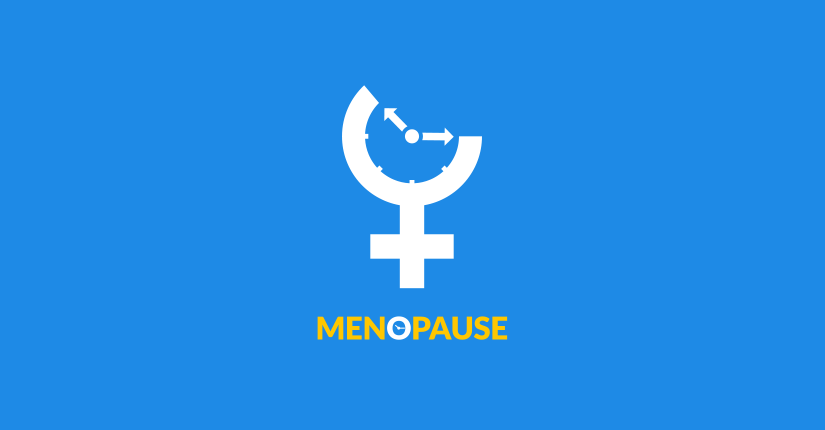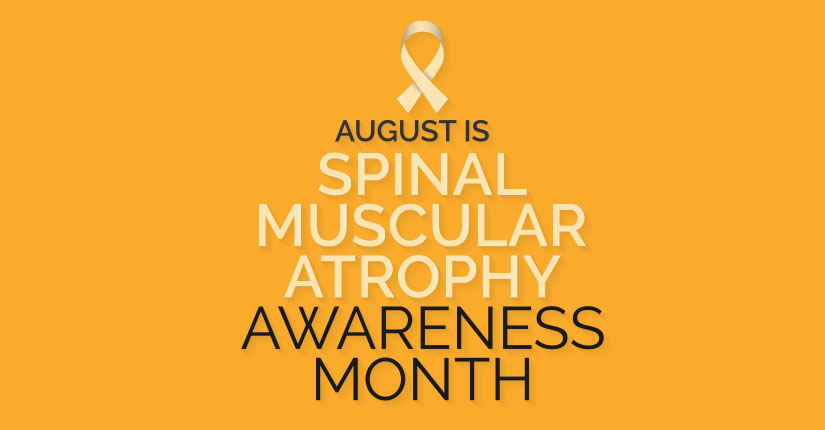Title: Understanding Non-Hodgkin’s Lymphoma: Symptoms and Causes
By Nmami Agarwal 16-Sep 2023 Reading Time: 5 Mins

Non-Hodgkin’s lymphoma (NHL) is a type of cancer that affects the lymphatic system, which is a crucial part of the body’s immune system. It can be a daunting diagnosis, but early detection and understanding the symptoms and causes are essential for effective treatment. In this eco-friendly blog, we’ll explore NHL’s symptoms and causes in an easy-to-digest bullet-point format.
Symptoms:
- Swollen Lymph Nodes: One of the primary signs of NHL is swollen lymph nodes, typically in the neck, armpits, or groin. These swollen nodes are painless and may feel rubbery.
- Fatigue: Many NHL patients experience extreme fatigue, which can be debilitating and affect their daily lives.
- Unexplained Weight Loss: Sudden and unexplained weight loss, usually more than 10% of one’s body weight, can be a warning sign of NHL.
- Fever: Persistent or recurrent fever without an obvious cause may be indicative of NHL.
- Night Sweats: Profuse night sweats that soak your clothes and bedding can be a concerning symptom.
- Itchy Skin: Itching, often without a visible rash, can be an early sign of NHL.
- Pain: Some individuals may experience pain or discomfort in the affected lymph nodes or other areas of the body.
- Shortness of Breath: NHL can affect the chest, leading to symptoms like coughing, chest pain, and difficulty breathing.
- Abdominal Pain: In cases where NHL affects the abdominal lymph nodes, patients may experience abdominal pain, swelling, or fullness.
- Cognitive Changes: Rarely, NHL can involve the central nervous system, leading to cognitive changes, headaches, and neurological symptoms.
Causes:
- Abnormal Lymphocytes: NHL originates from the lymphocytes, a type of white blood cell. In NHL, these lymphocytes become abnormal, multiplying uncontrollably.
- Unknown Triggers: The exact cause of NHL is still unknown, but several risk factors may increase the likelihood of developing it.
- Weakened Immune System: Individuals with compromised immune systems, such as those with HIV/AIDS or organ transplant recipients on immunosuppressive drugs, have a higher risk of NHL.
- Age: NHL is more common in older adults, with the risk increasing as one gets older.
- Gender: Men are slightly more likely to develop NHL than women.
- Family History: While rare, there is a genetic predisposition to NHL, which means it can run in families.
- Infections: Certain infections, such as Epstein-Barr virus (EBV), hepatitis C virus (HCV), and Helicobacter pylori, have been associated with an increased risk of NHL.
- Chemical Exposure: Prolonged exposure to certain chemicals and pesticides may contribute to NHL development, although the exact mechanisms are still being studied.
- Radiation and Chemotherapy: Previous radiation therapy or chemotherapy for other cancers can increase the risk of developing NHL later in life.
- Autoimmune Diseases: Some autoimmune conditions, like rheumatoid arthritis and Sjögren’s syndrome, are associated with a higher risk of NHL.
In conclusion, Non-Hodgkin’s lymphoma is a complex condition with a variety of symptoms and potential causes. Early detection is crucial for successful treatment, so it’s essential to pay attention to your body and seek medical attention if you notice any concerning symptoms. While the exact causes of NHL remain elusive, understanding the risk factors and being proactive about your health can make a significant difference in managing this condition. Additionally, as we strive to be eco-friendly, remember that adopting a healthy lifestyle not only benefits you but also contributes to a healthier planet.





















